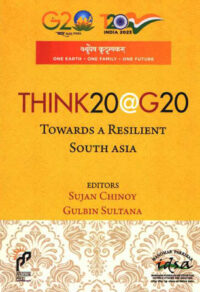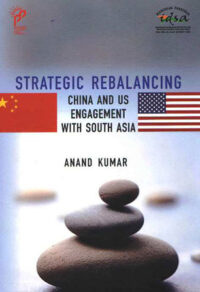Maldives: Hiccups in Democratic Transition
The Maldives presidential runoff election has been postponed indefinitely further widening the political dispute. The uncertainty highlights the challenges the young democracy faces, having held its first-ever multiparty election in 2008.
- Anand Kumar
- September 25, 2013

















